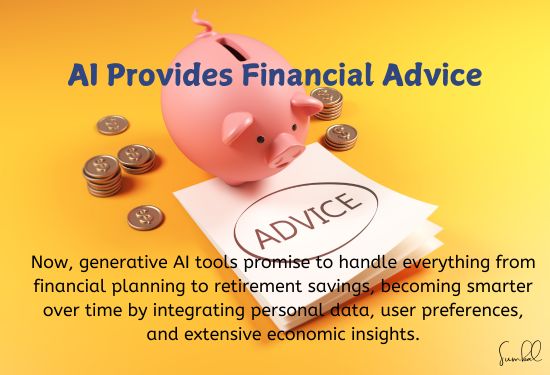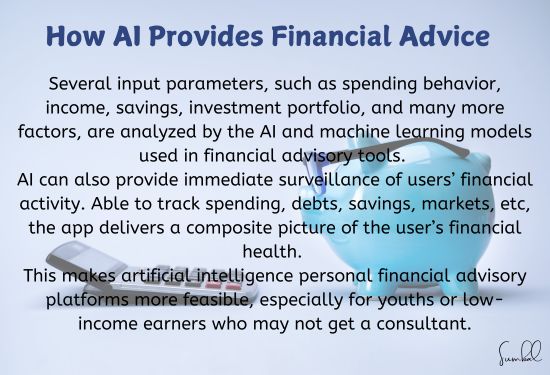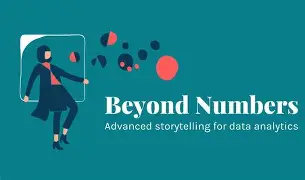AI-Powered Financial Advice: Benefits and Drawbacks
Writer By Dirick
advertisement
AI is growing increasingly popular among enterprises globally, and the finance industry is no exception. Using user data sets, AI is gradually making its way into providing personalized financial advice to help consumers with their daily financial decisions. AI can provide recommendations fitting each spender’s habits, needs, and objectives, which conventional financial advisors would hardly meet with the same degree of accuracy and within the same amount of time. However, it should be noted that AI, as useful as it can be, has drawbacks and shortcomings.

The Advantages of Financial Advice Provided by AI
- Accessibility and Convenience: AI offers a people-friendly and constantly available source of financial information. Compared to human advisors, who are bound by business hours, AI tools provide feedback at the user's convenience at any time.
- Objectivity: AI excludes biases that may occur because of human nature. For instance, an actual human advisor can recommend certain investment products because they are affiliated with certain banks or prefer their own. AI, on the other hand, will solely rely on data to provide advice and will always provide the advice that is best for you.
- Efficiency: AI is much faster at processing data than humans, thus providing the necessary information and advice on time. This speed might be especially crucial for those who require quick decisions, for instance, when an economic crisis or intensified internal changes occur.

The Drawbacks and Dangers of Financial Advice Provided by AI
- Lack of Human Judgment: Though AI is capable of sorting the data and even suggesting the right course of action, it does not have the human element that an advisor can use in a particular scenario. It means that human advisors can fully consider the emotional and situational conditions that AI does not suppose, for example, a certain amount for borrowing money or not wanting to invest in some assets.
- Data Privacy and Security: In AI systems, there is always the necessity of collecting and processing even personal financial data, which leads to problems with data protection and confidentiality. In this case, the information that is deemed private may become open to the wrong people or may be used maliciously, which may result in identity theft or financial fraud.
- Over-Reliance on Algorithms: AI gives advice based solely on the algorithms it possesses. The tips given depend on the quality of the algorithms, and if they are inaccurate or old, the help that is being offered is not beneficial. Further, AI systems are normally designed based on past data, implying that they do not capture current volatility and changes in the environment or life events.
- Limited Personalization: Though using AI algorithms makes it possible to get personal recommendations based on collected data, it can never replace the level of an individual approach and the close-knit relationship between a person and his/ her financial advisor. This can make the advice given by an AI tool perfectly reasonable from a rational perspective but off the mark in terms of emotional needs or strategic planning.

Related Articles

Money's Journey: From Yu'E Bao to Funds

Investment Horizons for the Coming Decade

The Future of Cryptocurrency: What You Need to Know in 2024

Best Savings Accounts for Children in 2024

Finance Isn’t "Trading": Grow Money Purposefully

Diversifying Your Stock Portfolio

The Secret to Wealth: Every Penny Has a Purpose
